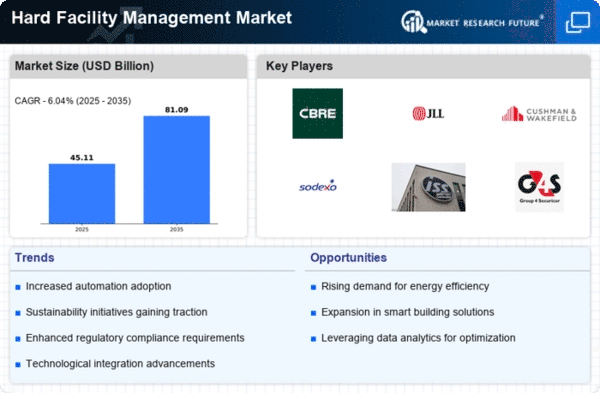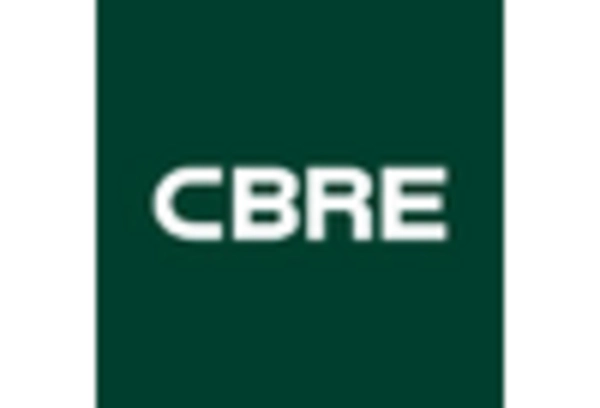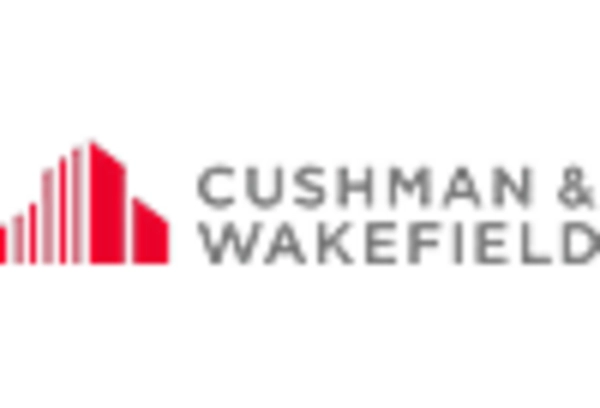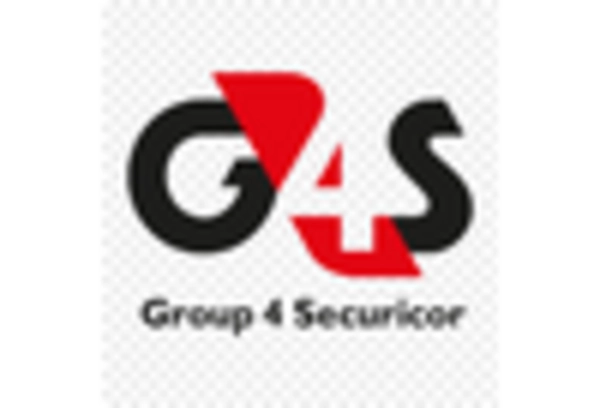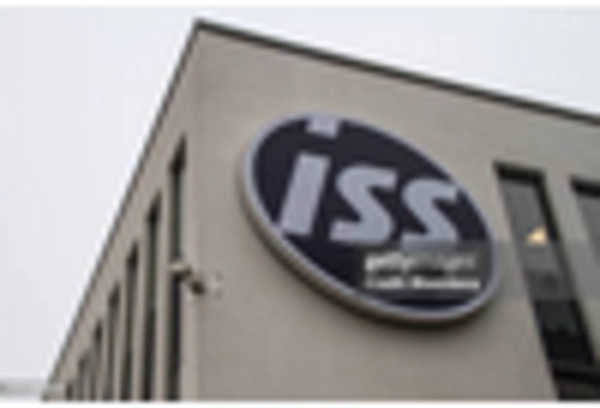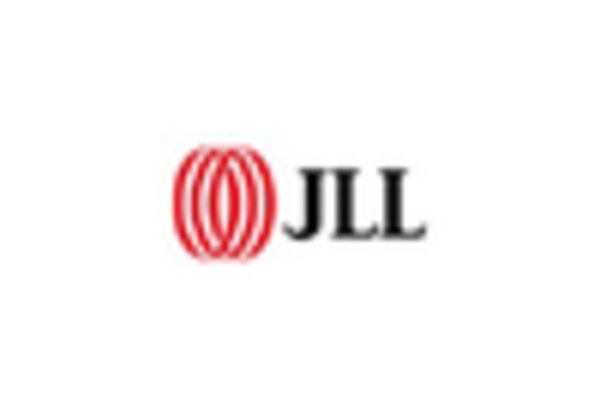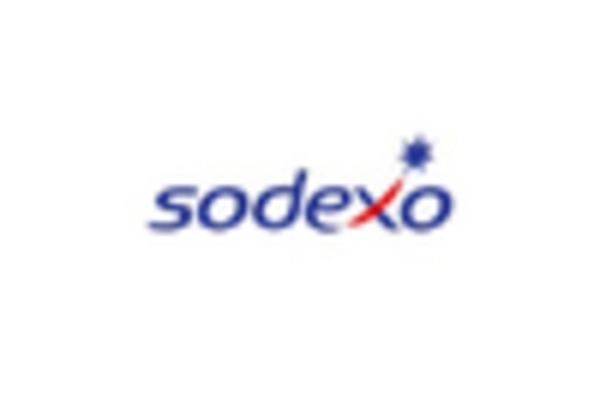Market Growth Projections
The Global Hard Facility Management Market Industry is projected to experience substantial growth over the coming years. With a market value of 42.5 USD Billion in 2024, it is anticipated to reach 81.2 USD Billion by 2035. This growth reflects a compound annual growth rate of 6.05% from 2025 to 2035, indicating a robust demand for facility management services. The expansion is driven by various factors, including technological advancements, urbanization, and an increasing focus on sustainability. As organizations recognize the value of effective facility management, the market is likely to evolve, presenting new opportunities for stakeholders.
Regulatory Compliance and Safety Standards
The Global Hard Facility Management Market Industry is significantly influenced by stringent regulatory compliance and safety standards. Organizations are compelled to adhere to various regulations concerning health, safety, and environmental protection. This necessity drives the demand for comprehensive facility management services that ensure compliance and mitigate risks. For instance, the implementation of safety protocols in facility operations not only protects employees but also enhances organizational reputation. As regulations evolve, the market is likely to see increased investment in compliance-related facility management solutions, further propelling growth.
Increasing Demand for Sustainable Practices
The Global Hard Facility Management Market Industry experiences a notable shift towards sustainability, driven by heightened awareness of environmental impacts. Organizations are increasingly adopting green building practices, which not only enhance energy efficiency but also reduce operational costs. For instance, the integration of renewable energy sources and sustainable materials in facility management is becoming commonplace. This trend is expected to contribute to the market's growth, with projections indicating a market value of 42.5 USD Billion in 2024. As companies strive to meet regulatory requirements and consumer expectations, the emphasis on sustainability is likely to shape the future landscape of facility management.
Technological Advancements in Facility Management
Technological innovations play a pivotal role in the evolution of the Global Hard Facility Management Market Industry. The adoption of smart building technologies, such as IoT and AI, enhances operational efficiency and reduces costs. For example, predictive maintenance powered by AI algorithms can significantly decrease downtime and extend the lifespan of facilities. As organizations increasingly invest in these technologies, the market is projected to grow, reaching 81.2 USD Billion by 2035. The integration of advanced software solutions for asset management and energy monitoring further underscores the importance of technology in optimizing facility operations.
Focus on Cost Reduction and Operational Efficiency
Cost reduction remains a primary objective for organizations across sectors, influencing the Global Hard Facility Management Market Industry. Companies are increasingly seeking facility management solutions that streamline operations and minimize expenses. By leveraging technology and optimizing resource allocation, organizations can achieve significant savings. For example, energy management systems can lead to reduced utility costs, while efficient space utilization can lower overhead expenses. This focus on operational efficiency is expected to drive market growth, as organizations aim to enhance profitability while maintaining high service standards.
Rising Urbanization and Infrastructure Development
Urbanization continues to surge globally, leading to increased demand for efficient facility management solutions. The Global Hard Facility Management Market Industry is poised to benefit from this trend, as urban centers expand and infrastructure projects proliferate. Governments and private sectors are investing heavily in developing smart cities, which require sophisticated facility management systems to ensure operational efficiency. This growth trajectory is reflected in the anticipated compound annual growth rate of 6.05% from 2025 to 2035. As urban populations grow, the need for effective management of facilities becomes paramount, driving market expansion.


